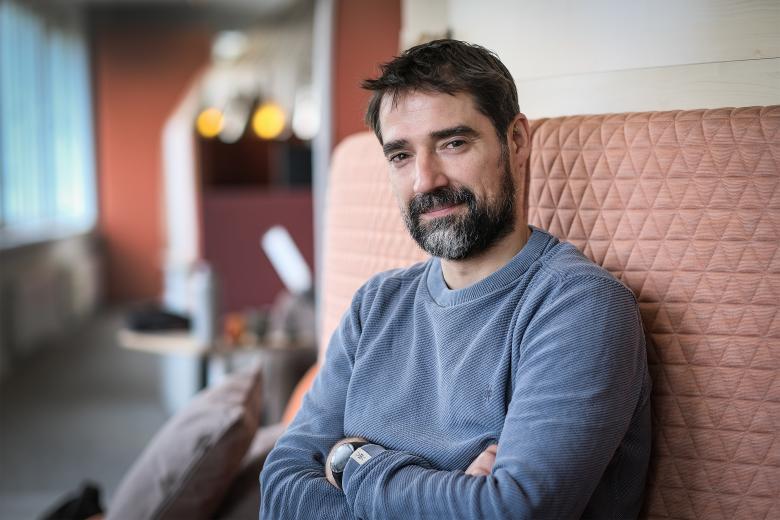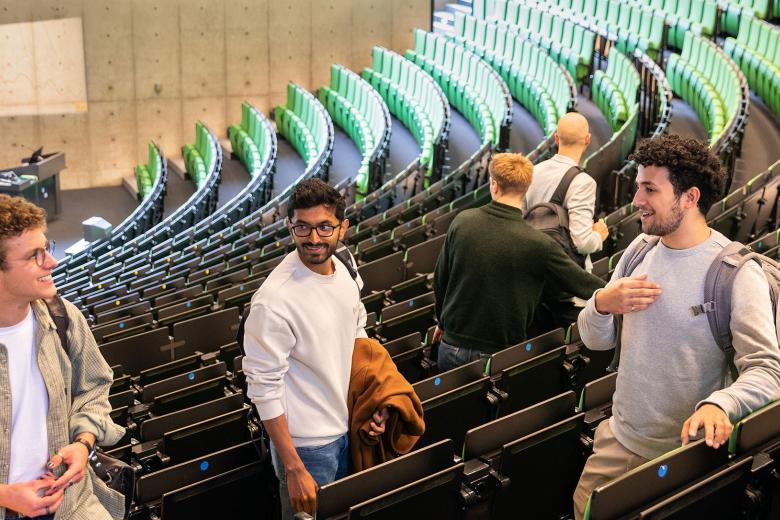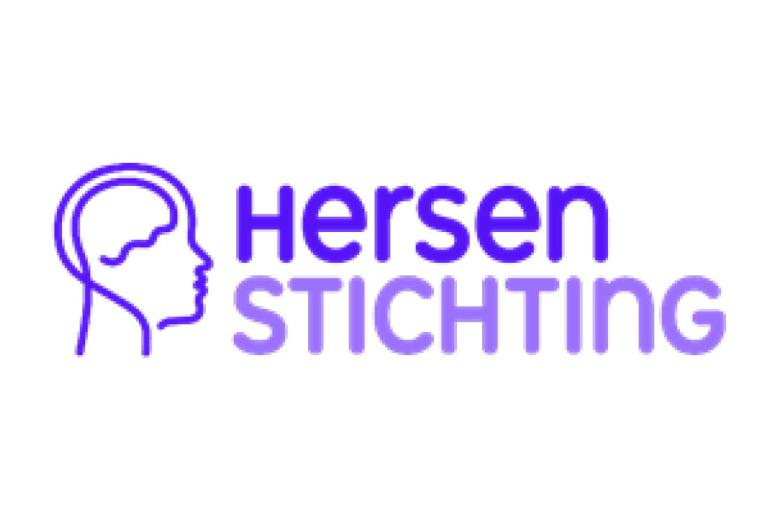NACCA PhD candidates presenting at TATE Modern
New Approaches in the Conservation of Contemporary Art (NACCA), coordinated by Maastricht University, is a Marie Skłodowska-Curie Innovative Training Network through which 15 early stage researchers are investigating a fascinating and varied set of as yet under-explored aspects of contemporary art conservation. The topics addressed by the researchers range from looking at strategies for the conservation of computer-based artworks to questions concerning the identity, values and authenticity of artworks, to rethinking historically grown professional distinctions amongst museum practitioners. As part of the winter school, the NACCA PhD candidates will present their research at a public event hosted by Tate Modern.
On the afternoon of Monday 16th January 2017, Tate Modern will host a public event starting at 16:00, when the NACCA researchers will each briefly present on their research. The presentations will be followed by a networking opportunity during a poster session from 17:45 to 18:45.
We do hope you can join us. As we have limited spaces we must ask those interested in attending to please contact John McNeill, Tate's Collection Care Research Manager to check on availability.
The NACCA project addresses the problem that a significant part of European cultural heritage, modern and contemporary art, runs a great risk of getting lost for future generations, because it is particularly difficult to preserve. New materials, such as plastics, and new media, such as video and internet, confront museums and other collections with unforeseen problems of decay and obsolescence. Other works, like installations, may be specifically related to a specific site and lose meaning when they are removed, or are transient events, like performances. Proper care requires resolving fundamental questions concerning the identity, values and authenticity of modern and contemporary artworks and the consequences for their conservation and asks for new competences and skills of museum and other professionals involved in art conservation and care.
As an EU-funded Marie Curie Innovative Training Network, NACCA aims at meeting these demands by educating a new generation of professional curators, conservators and academic researchers who are properly equipped to face these challenges. The programme is designed by experts working in museums, heritage organisations and universities who have a profound experience in the field of contemporary art care and conservation and conservation research. It will focus on the development of a reflective professional attitude, which is a pre-requisite in the increasingly complex and collaborative field of contemporary art conservation.
Coordinator of the project is the Maastricht Centre for Arts and Culture, Conservation and Heritage (MACCH). In total, 15 PhD projects are part of the programme, each investigating different, as yet under-explored aspects of contemporary art conservation. Researchers will be located in The Netherlands (Maastricht University, University of Amsterdam), Germany (Cologne University of Applied Sciences), United Kingdom (University of Glasgow, Tate), Italy (Museo delle Culture Milan, University of Roma III), Portugal (NOVA University Lisbon, University of Porto) and Poland (Faculty of Conservation, Academy of Fine Arts Warsaw).
More information about NACCA can be found on the website.
Also read
-
Mimic the true nature of tissues by building complex in vitro models
Paul Wieringa (MERLN) works on innovative models to study endometriosis and the fallopian tube.

-
Vacancy: Farm-to-table Chef-designer-researcher
The Research, Education and Action Lab into Collective and Circular Transformation (REACCT) is looking for an experienced chef with a strong interest in research, farm-to-table experimental practices, and building design (two year part-time position).

-
BRAINS Consortium Awards Two New Research Projects
The BRAINS consortium has awarded two new research projects, bringing the total number to five.
